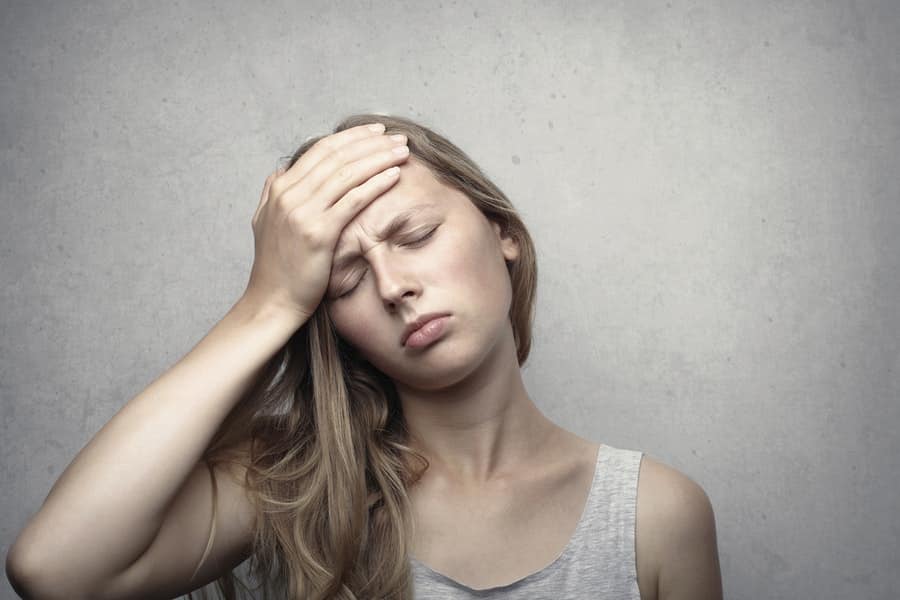
Do you feel like a faded flower? Dehydration may be the cunning offender! Your body is thirsty for problems when it loses more water than it gains. Water fuels every cell and organ in your amazing machine, acting as a sort of mystical elixir. However, when you reject it, your body protests with exhaustion and confusion. Keep yourself hydrated, and watch as your energy grows like a lush garden! Get your fill of the spring of youth by drinking!
The Symptoms of Dehydration and Fatigue
Thirst: It is one of the first indications that someone is dehydrated. The body produces thirst to encourage people to consume more fluids and maintain a healthy level of hydration.
Dark Yellow Urine: Dark yellow urine is an obvious sign of dehydration. The kidneys produce concentrated urine to preserve water when the body is dehydrated, which gives the urine its darker color.
Dry mouth and bad breath: Dehydration can cause a decrease in salivary flow, which can cause a dry mouth and worsen foul breath.
Fatigue: Dehydration can result in weariness and weakness, as was already indicated. Lack of water causes the heart to work harder to pump blood and provide oxygen and nutrients to cells, which makes you feel exhausted.
Dizziness and Lightheadedness: Dehydration can cause blood pressure to decrease, which can make you feel lightheaded and dizzy.
Dry eyes: Dehydration can have an impact on the skin and eyes, causing dryness and irritation.
Dizziness: Dehydration can sometimes result in headaches owing to decreased blood volume and insufficient oxygen delivery to the brain.
Electrolyte imbalances: These are brought on by dehydration and can result in muscular cramps and spasms.
How Can Dehydration Cause Fatigue?
The body is impacted by dehydration in a number of ways that add to weariness. Blood loses volume and flow rate as it gets thicker and more concentrated when it is dehydrated. Because of this, the heart must work harder to pump blood, which lowers blood pressure and decreases oxygenation of the muscles and organs. Feelings of weakness and exhaustion are brought on by the impaired cellular operations caused by the decreased oxygen supply.
Dehydration also affects the body’s electrolyte balance, which is important for nerve and muscle function. These electrolytes include sodium, potassium, and magnesium. Electrolyte imbalances can cause cramping in the muscles and interfere with nerve signals, which adds to weariness.
Dehydration can have an impact on mood and cognitive performance. Studies have demonstrated that even minor dehydration can affect one’s ability to focus, pay attention, and use short-term memory. Feelings of cognitive weariness and decreased attentiveness might result from these cognitive impairments.
Dehydration can also interfere with sleep cycles. Dehydration can cause pain and alertness during the night, which can result in poor sleep quality and, as a result, more weariness throughout the day.
It’s crucial to have enough water throughout the day to prevent weariness brought on by dehydration. The amount of water that is suggested for consumption each day varies depending on age, sex, degree of exercise, and climate. As a general rule, strive to consume 8 cups (64 ounces) or more of water each day, and modify as necessary.
Other Symptoms Of Dehydration:
Besides dehydration fever, you may experience these symptoms during dehydration and fever:
- Extreme thirst
- Dry Mouth
- Dark-colored urine
- Sunken eyes
- Fatigue
- Nausea
- Flushing of the skin
- Muscle Cramps
- Dizziness and lack of concentration
- Headache
- Low blood pressure
- Rapid breathing
Finally, exhaustion can actually result from dehydration, along with a number of other symptoms. Drinking insufficient amounts of water causes physiological modifications that impact blood volume, electrolyte balance, cognitive function, and sleep quality, all of which contribute to feelings of weakness and exhaustion. Maintaining optimal hydration by drinking enough water is essential for general health and well-being in order to prevent dehydration cause diarrhea.

